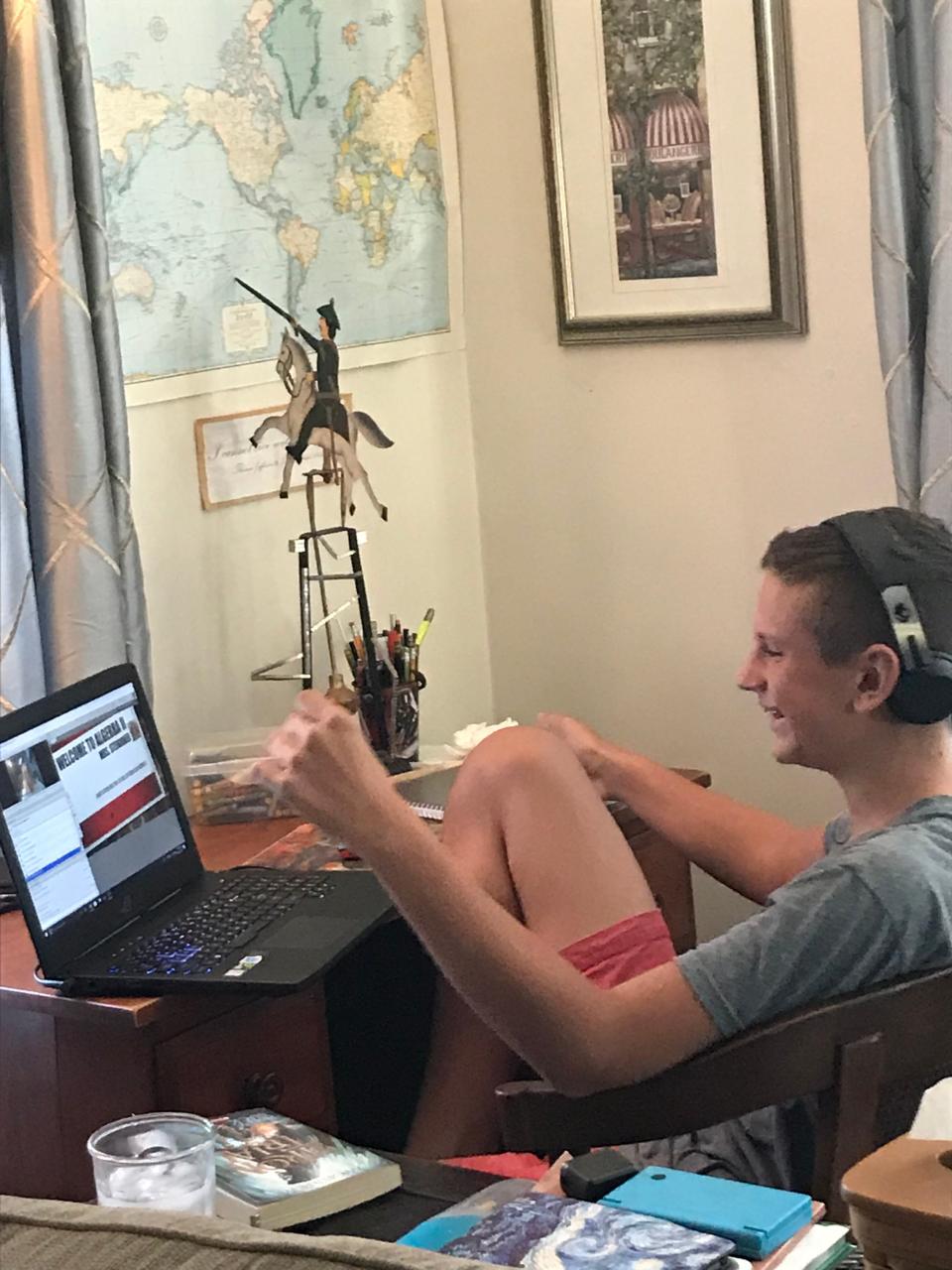Cutting cyber charter funding hurts Pennsylvania students
Gov. Josh Shapiro wants to cut funding to cyber charter schools. Other lawmakers, such as state Sen. Lindsey Williams, are seeking a moratorium on cyber charter schools.
But before the governor and his fellow lawmakers make these cuts or further restrict charter schools, they should get to know Maddie.
Maddie’s educational pathway was fraught with twists and turns. She started kindergarten at her neighborhood public school. However, it was among the Pennsylvania Department of Education’s (PDE) list of low-achieving schools, inspiring her parents to look elsewhere.
Hoping their daughter would receive a better education, Maddie’s parents moved her to a brick-and-mortar charter school. But it wasn’t the right fit, either.
Maddie switched to a private school. However, ideological differences with the school caused friction. Meanwhile, COVID-19’s school closures pushed Maddie to seek another alternative.
Desperate, Maddie’s parents enrolled her at Pennsylvania Leadership Charter School, one of Pennsylvania’s 13 cyber charter schools. This move proved to be Maddie’s best option, as it better met her needs than her three previous schools. In her second year at PALCS, Maddie is happy and thriving.
“I love the flexibility of the program,” says Maddie, now a sophomore. She also enjoys the lack of distractions, so abundant in her previous schools. She feels surrounded by a community of learners with a passion for academic excellence—something Maddie believes the other schools lacked.

Like Maddie, many students and families gravitated toward cyber charter schools when public schools closed during the pandemic. These schools offered something brick-and-mortar schools could not: a robust online education. While public schools struggled with remote learning, cyber charters didn’t miss a beat.
Now, charter school enrollment represents the fastest-growing population of students in Pennsylvania, including an 18 percent increase in Hispanic students with the pandemic. Since 2020, cyber charter enrollment increased by 59 percent, while public school enrollment decreased.
Cyber charters are arguably one of the commonwealth’s biggest educational providers. If cyber charters were their own school district, their collective enrollment — about 68,000 Pennsylvania students — would comprise one of the largest student bodies in the commonwealth, second only to the 118,000 students enrolled in Philadelphia's school district.
Budget cuts to this prominent sector of the educational ecosystem would be devastating. The proposed cuts represent, on average, 44 percent of the cyber schools’ operating budgets. How can schools survive? District school advocates demand billions more in funding, meanwhile, they seem oddly eager to take away funding from cyber students.
Have public education advocates considered what would happen if their school district’s operating budget experienced similar cuts? Could district schools survive a 44 percent funding cut?
Such a draconian cut would likely lead to significant job cuts for teachers, counselors, and countless other professionals. With so many education jobs threatened, you would think that the Pennsylvania State Education Association (PSEA), the state’s largest teacher union, would lobby against these cuts. Yet, the PSEA remains curiously silent on this issue.
Despite this doublespeak, cyber charter schools are publicly funded and a vital component of public education.
In 2023, the Commonwealth Court ruled that every Pennsylvania student “be provided with a meaningful opportunity to succeed academically, socially, and civically, which requires that all students have access to a comprehensive, effective, and contemporary system of public education.”
Moreover, the court also noted that “every student is not receiving that opportunity.” Clearly, the state is not fulfilling its constitutional duty to provide educational opportunities to students across the commonwealth. Otherwise, why would so many students and families unenroll in their local public schools and seek opportunities elsewhere? Cutting funding to one sizable segment of students exacerbates that inequity.
Cyber charter students are public school students and deserve a fully funded education, just like every other kid in Pennsylvania. Lawmakers need to value cyber students as much as they value brick-and-mortar students.
When equity is center stage in public education, it’s strange that Shapiro and other lawmakers would cut funding for such a significant student population. Maddie, like so many others who attend a cyber charter, left brick-and-mortar public schools for a reason, and lawmakers should honor — not undermine — that choice.
Rachel Langan is an Education Policy Analyst at the Commonwealth Foundation, Pennsylvania’s free-market think tank.
This article originally appeared on Bucks County Courier Times: Cutting cyber charter funding hurts Pennsylvania students

